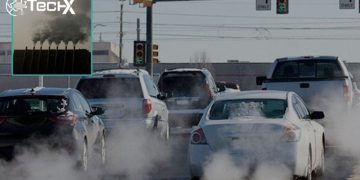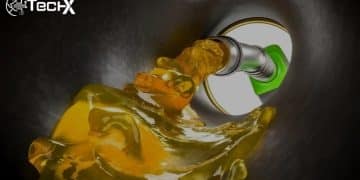Toyota plans to convert two of its engine and powertrain plants to produce EV batteries instead. Toyota, which has long opposed the EV push, appears to be making some moves to join the EV party better late than never.
The Shimoyama engine plant and the Myochi powertrain factory are both located near Toyota’s global headquarters and have been in operation since the 1970s.
The transition to EV batteries will be led by Prime Planet Energy & Solutions, a joint venture between Toyota and Panasonic.
Toyota President Akio Toyoda cited a noble goal for the electrified transition: job preservation. Toyoda stated at a recent JAMA event:
“We need medium- to long-term stable employment and the creation of a society in which everyone can have hope and confidence for the future.”
Toyota also announced a $5.6 billion push to expand EV battery production in Japan and the United States earlier this week, including an additional $2.5 billion investment in its North Carolina plant.
Toyota announced a $1.29 billion investment in US batteries last year, bringing the total amount invested in the Liberty, North Carolina plant to $3.8 billion.
During the announcement, senior vice president, unit manufacturing and engineering at Toyota Motor North America Norm Bafunno said:
“This plant will serve a central role in Toyota’s leadership toward a fully electrified future and will help us meet our goal of carbon neutrality in our vehicles and global operations by 2035.”
Battery production in the United States is expected to begin in 2025, with the plant also producing hybrids. Despite its “better late than never” approach, Toyota and Lexus intend to sell 3.5 million electric vehicles per year by 2030.
However, production of its sole pure-electric vehicle, the bZ4X EV, has been halted due to unresolved mechanical issues.
To read our blog on “Toyota was rated the worst for climate change progress twice in the past two years,” click here
















